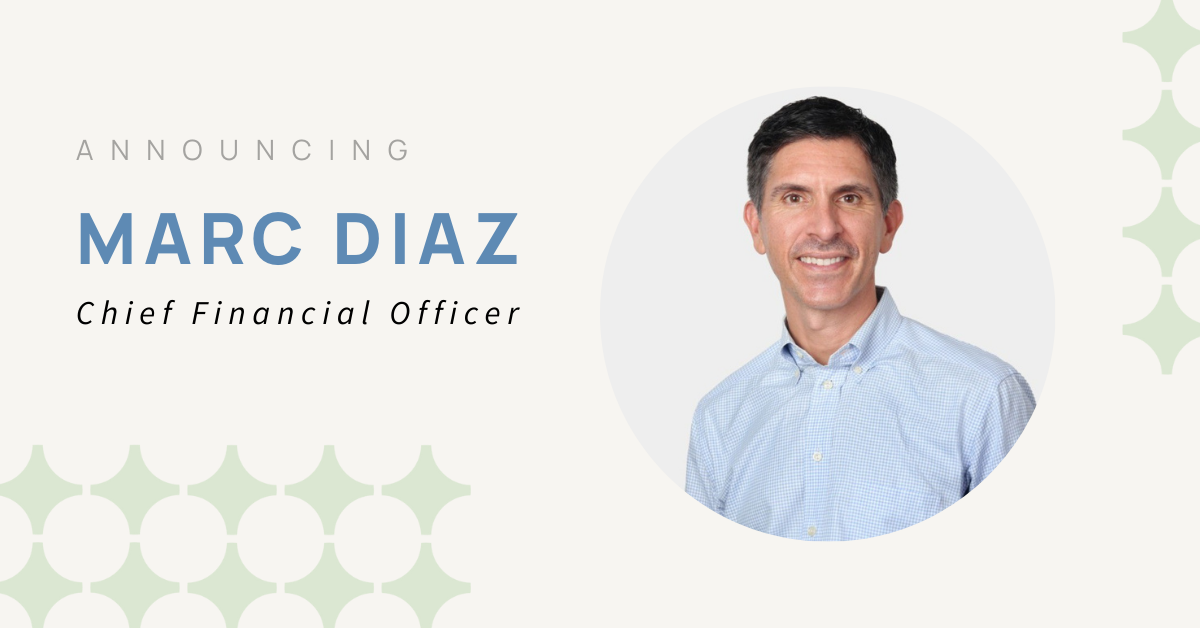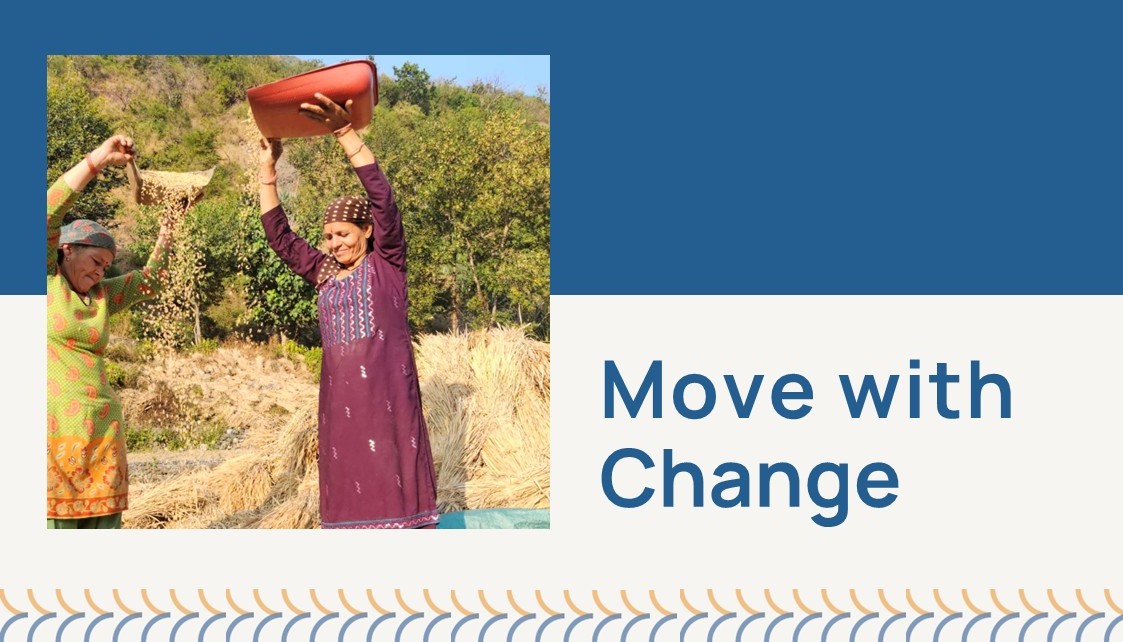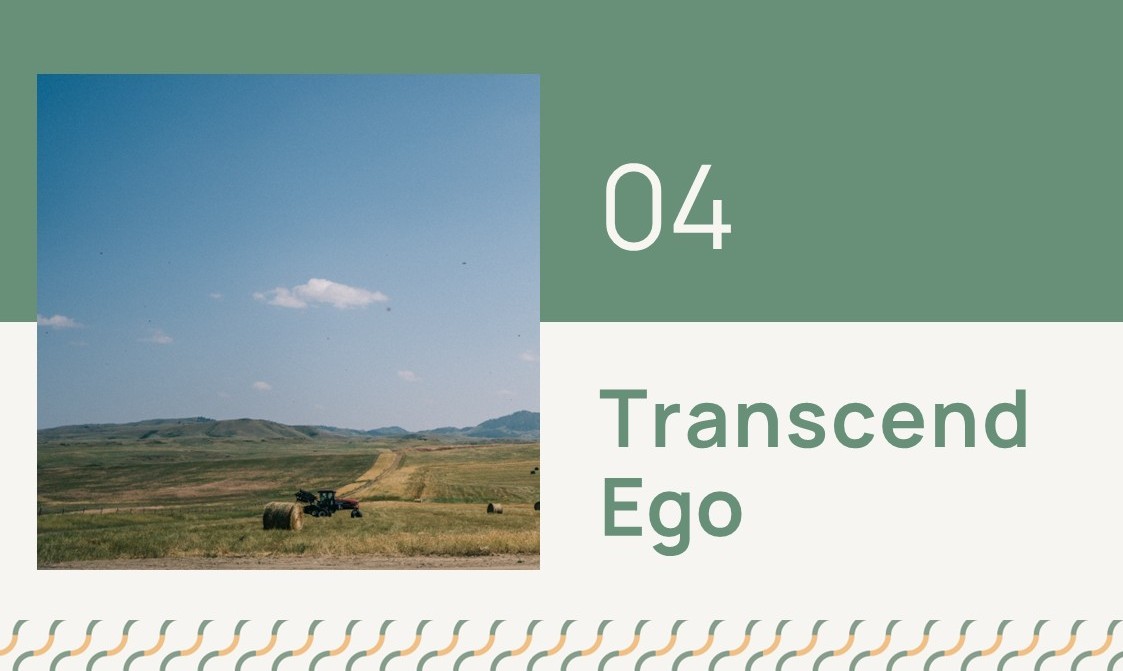BK ROT, one of RSF Social Finance’s 2015 Seed Fund grantees, received a small gift in support of their efforts to establish a sustainable grassroots composting service in Brooklyn, New York. In this blog post, co-facilitator Renée Peperone tells us more about BK ROT’s work and what the funds have made possible.
There are a hundred things you can do with a banana peel: you can send it to a landfill; you can turn it into compost; you can use it to make fuel; or, as BK ROT founder Sandy Nurse realized in 2012, you can use it to challenge race and class divisions that often show up when ecological stewardship is only open to people with the time and resources to volunteer their labor.
Two years ago, when BK ROT started collecting food scraps on bicycle and turning them into compost, Sandy and I sought to provide an access point to environmental work that was inclusive of people of color and those with low-income. We also wanted the resources collected to recirculate within the community. By providing stipends to local youth and involving them in the creation of green spaces in Brooklyn, BK ROT puts marginalized young people at the center of much-needed environmental work.
BK ROT currently engages four youth, ages 16 to 20, who collect food scraps from 36 residents and local businesses. They turn compost piles, handle customer interactions and billing, and inform the design and build-out of the project. The youth also manage food scrap drop-offs in two of Bushwick’s Community Gardens as well as at the Bushwick Food Coop.
Following positive responses from customers, activists, neighbors, and members of City Council and the Community Board, BK ROT is expanding its operations. We started a new compost site, named Know Waste Lands, and are working to grow our customer base and take on more youth. Know Waste Lands is built to be inviting to its neighbors, and will include a community-informed mural and a wildlife garden. The lot is highly visible, just outside a subway entrance at the corner of two busy streets, allowing it to function as an ongoing demonstration of BK ROT’s vision of community and ecological stewardship. And because the lot is publicly owned, there is much less threat of development. This means it can serve as a gathering place for local residents and environmental justice workers for a long time to come.
In order for us to grow and succeed we needed help with business planning and financial expertise. RSF’s grant allowed us to hire a consultant who can help make BK ROT into an economically sustainable non-profit. This work will include finding new markets for food scrap collection and composting to expand the project while staying true to our goals: good green jobs for marginalized youth, locally-managed resource systems, and accessible green spaces for Brooklyn. Thanks to the RSF grant, BK ROT is able to look ahead to a future in which our project can financially sustain itself while staying true to its values of racial equity within Brooklyn’s environmental justice movement.
Our organization still needs support building its infrastructure. We’re currently seeking funding to build a solar-powered aerated static pile system that can help us process more material faster. Please visit our website to learn more about how you can support BK ROT’s ongoing efforts.


